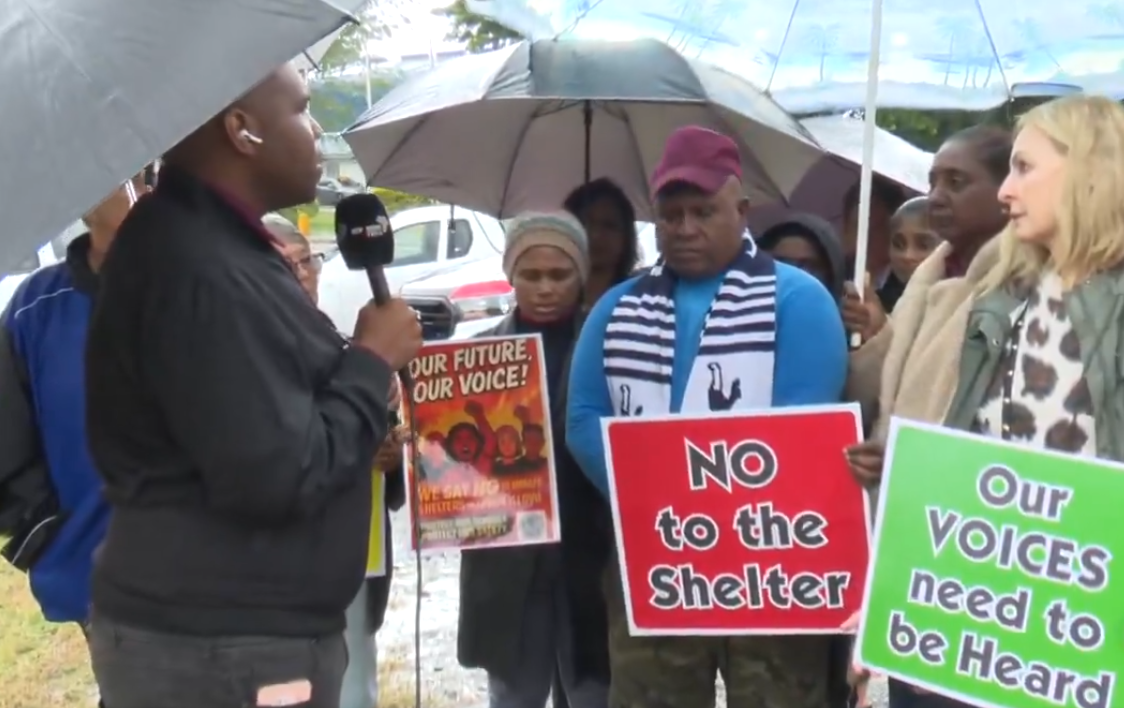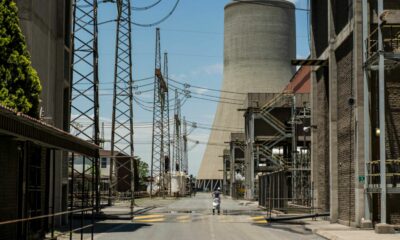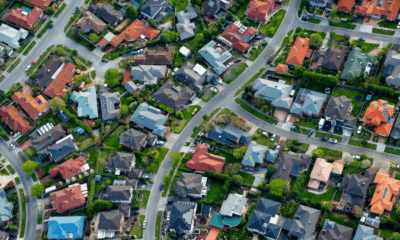News
“No One Asked Us”: Lower Illovo Residents Push Back Against 400-Bed Homeless Shelter

Locals Say They Weren’t Informed, Feel Ignored by the City
In Lower Illovo, a tight-knit community on Durban’s outskirts, tensions are running high. What began as construction on a city-backed homeless shelter has escalated into a full-blown protest. Why? According to residents, the 400-bed facility is being built without their knowledge, input, or consent and that’s not sitting well with them.
Armed with placards and unified by frustration, dozens of locals recently took to the streets in peaceful protest. Their message was clear: “We’re not against helping the homeless. We’re against being left in the dark.”
“We Only Found Out When the Bulldozers Arrived”
Community members say the first time they heard about the shelter was when construction equipment showed up earlier this year.
“It’s history repeating itself,” said Pastor Kuben Govender, a respected local leader. “Years ago, the city opened a small shelter on the exact same site. It housed 45 men, and crime in the area shot up. Someone was even murdered outside that facility. Why are we doing this again, but ten times bigger without a plan or proper engagement?”
Anxieties Over Crime and Safety
While the city insists the shelter will offer psychological support, rehabilitation, and reintegration services — not just a bed for the night residents remain unconvinced.
“We’ve worked hard to get crime under control here,” said Deena Gounden, a member of the local neighbourhood watch. “When the last shelter opened, we saw more theft, break-ins, even syndicate activity. We don’t want to go through that again.”
With no local police station the nearest one is over 10km away concerns about security are not without merit. Parents are particularly uneasy, as the new shelter borders Lower Illovo Primary School.
“Our children walk past this site every day,” said SGB member Venilla Ramalingam. “What assurances do we have about their safety?”
What the City Says: “This Is a Pathway Out of Homelessness”
Deputy Mayor Zandile Myeni, who is expected to meet with the community this week, has emphasized that this isn’t a typical shelter.
“This facility is different. It’s designed to help people off the streets permanently. We’re talking about psychological services, medical care, family reunification,” she said. “These are not just drop-ins. Everyone will be profiled and supported.”
City spokesperson Gugu Sisilana added that the people admitted to the shelter will be vetted and selected based on vulnerability — and that they will not be permanent residents.
Still, residents say the city is missing the point.
“No one disagrees with helping people,” said resident Dineshni Govender. “But where’s the consultation? Where’s the transparency?”
Infrastructure Already at Breaking Point
The physical state of Lower Illovo doesn’t help ease concerns. Residents report overflowing sewage, pothole-ridden roads, and frequent water and electricity outages.
“We’re already under pressure,” Dineshni continued. “The city hasn’t fixed basic services for us. How can it absorb hundreds more people without addressing the infrastructure first?”
Social Media and Civic Outcry
On local Facebook groups and WhatsApp forums, the protest has sparked fierce debate. Some back the city’s goals but criticize the lack of community engagement. Others call it a textbook case of poor governance.
Kimeshen Raman, a representative for the concerned residents, has written directly to Mayor Cyril Xaba, arguing that the project goes against the Safer Cities initiative, a city programme designed to promote public safety through good governance and community participation.
“What’s happening here feels imposed and reactive, not collaborative,” Raman wrote. “We’re calling for an immediate pause on construction, a full impact assessment, and proper public meetings.”
A Chance for Dialogue or a Brewing Storm?
The city claims the ward councillor consulted the ward committee. But many residents say they were never informed of any meetings, and that just isn’t good enough.
As Deputy Mayor Myeni prepares to meet with the community, tensions remain high. The hope is that face-to-face engagement can lead to compromise and clarity. But locals are clear: they won’t be silenced or sidelined.
“There’s a difference between doing something for us and doing something with us,” Pastor Govender said. “Right now, it feels like they’re doing it to us.”
Lower Illovo isn’t rejecting compassion. What it’s demanding is inclusion, a seat at the table, a voice in the process, and real answers to difficult questions. If the city wants the community’s support, it’ll have to earn it first.
{Source: IOL}
Follow Joburg ETC on Facebook, Twitter , TikTok and Instagram
For more News in Johannesburg, visit joburgetc.com



























